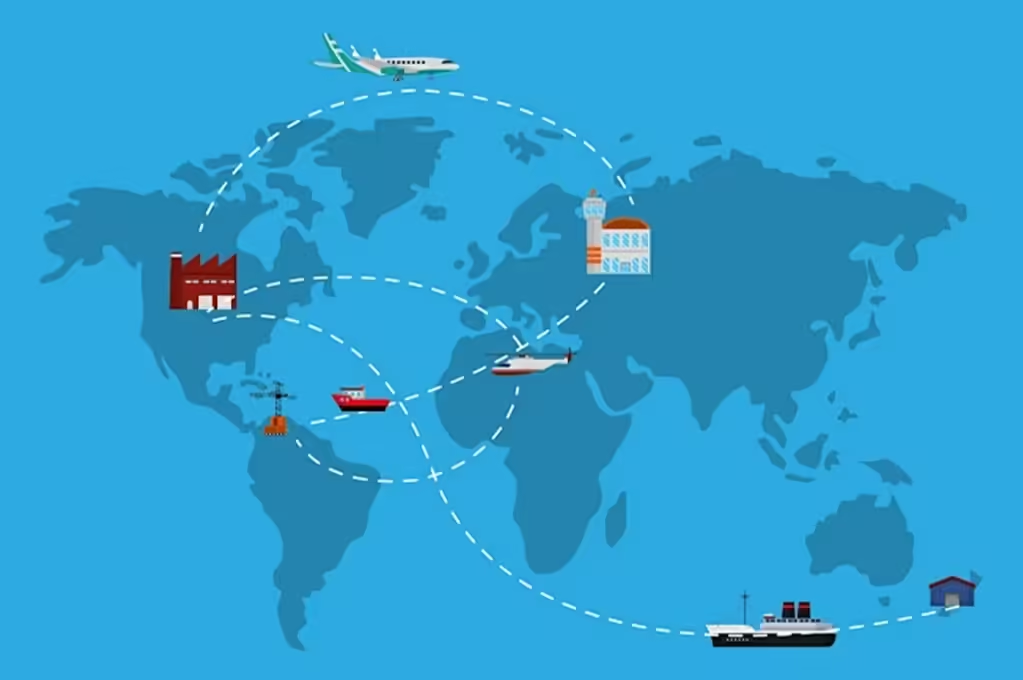Door to Door Shipping: The Future of Logistics and Convenience
What is Door to Door Shipping?
In an era where convenience reigns supreme, door-to-door shipping has become more than just a luxury; it’s a necessity for many businesses and individuals. This method of logistics involves the transportation of goods directly from the sender’s address to the recipient’s doorstep, eliminating the need for recipients to visit post offices or shipping centers to collect their parcels. It’s a service that has been around in some form for decades but has seen significant advancements with the rise of e-commerce and the increasing demands of consumers who expect faster and more reliable delivery options.
The Evolution of Door to Door Services
In the early days, door-to-door services were often associated with local milk deliveries or newspaper routes. However, as global trade expanded and technology advanced, these services evolved into what we now recognize as international shipping giants like FedEx, UPS, and DHL. These companies have not only streamlined the process of sending packages across the world but also made it possible for small businesses to compete on a global scale.
The advent of online marketplaces and e-commerce platforms has further accelerated the demand for door-to-door shipping services. Today, consumers can purchase virtually anything online and have it delivered right to their front door. This shift has prompted traditional retailers to adapt by offering similar services, ensuring they remain competitive in an increasingly digital marketplace.

Benefits of Door to Door Shipping
Convenience and Accessibility
One of the most significant advantages of door-to-door shipping is the convenience it offers. For individuals, this means no longer having to plan trips to the post office or deal with long queues and waiting times. Instead, they can focus on other aspects of their lives while their packages are en route. For businesses, door-to-door shipping streamlines logistics operations, allowing them to focus on core business activities rather than managing complex distribution networks.
Moreover, accessibility is another key benefit. In remote areas or for individuals with mobility issues, door-to-door shipping can be a lifeline, providing access to products that might otherwise be difficult to obtain. It also supports inclusivity by ensuring that everyone, regardless of physical ability or location, can participate in the global economy.
Reliability and Tracking
Reliability is crucial when it comes to shipping, especially for valuable or time-sensitive items. Door-to-door shipping providers typically offer tracking services that allow senders and recipients to monitor their packages’ progress every step of the way. This transparency builds trust between the shipping company and its customers, reducing anxiety about lost or delayed shipments.
In addition, many providers now use sophisticated tracking systems that integrate with mobile apps, enabling real-time updates and notifications. This level of service ensures that customers are always informed about their package’s status, enhancing the overall experience and satisfaction levels.
Environmental Considerations
As awareness of environmental issues grows, so does the importance of sustainable practices within the shipping industry. Door-to-door shipping companies are responding to this trend by implementing greener solutions, such as electric delivery vehicles and optimizing routes to reduce carbon footprints. By doing so, they contribute to a more sustainable future while still meeting the high expectations of speed and reliability set by modern consumers.

Is Door to Door the Same as DDP?
“Door to door” and “Delivered Duty Paid (DDP)” are related concepts in logistics and shipping, but they refer to different aspects of the shipping process.
Door to Door Shipping
Door to door shipping refers to the service where a shipping provider collects the shipment from the sender’s address and delivers it directly to the recipient’s address. This service is focused on the convenience offered to both the sender and the receiver, eliminating the need for either party to go to a shipping facility. It’s a term that describes the physical movement of goods from one specific location to another without requiring additional handling by the sender or receiver.
Delivered Duty Paid (DDP)
On the other hand, DDP is a specific Incoterm (International Commercial Term) defined by the International Chamber of Commerce (ICC). DDP means that the seller is responsible for making a properly delivered shipment, cleared for import, and without any additional costs for the buyer. This includes paying for all costs involved, including carriage, duties, taxes, and customs clearance at the destination country.
Under DDP terms:
- The seller bears the risk of loss or damage until the goods are placed at the disposal of the buyer.
- The seller must comply with export regulations and must also clear the goods for import.
- The seller pays for all costs related to the transportation of goods, including insurance and any import duties or taxes.
Comparison
While “door to door” is a service-level description focusing on the pickup and drop-off points of a shipment, DDP is a legal agreement defining responsibilities and liabilities between the seller and buyer regarding the shipment. A door to door service can be provided under various Incoterms, including DDP, but it could also be provided under others such as DAP (Delivered At Place) or DPU (Delivered At Place Unloaded), depending on the specific requirements agreed upon by the parties involved.
In practice, a shipment might be both DDP and door to door if the seller arranges for the goods to be picked up from their premises and delivered directly to the buyer’s premises, paying all charges and handling all documentation along the way. However, door to door shipping can occur under conditions where the buyer is responsible for certain aspects of the delivery, such as clearing customs or paying duties, which would not align with the DDP Incoterm.
Door to door shipping represents a pivotal evolution in logistics, driven by technological advancements and changing consumer behaviors. As the demand for personalized and efficient services continues to rise, it’s clear that door-to-door shipping will play an increasingly important role in shaping the future of commerce and daily life.

